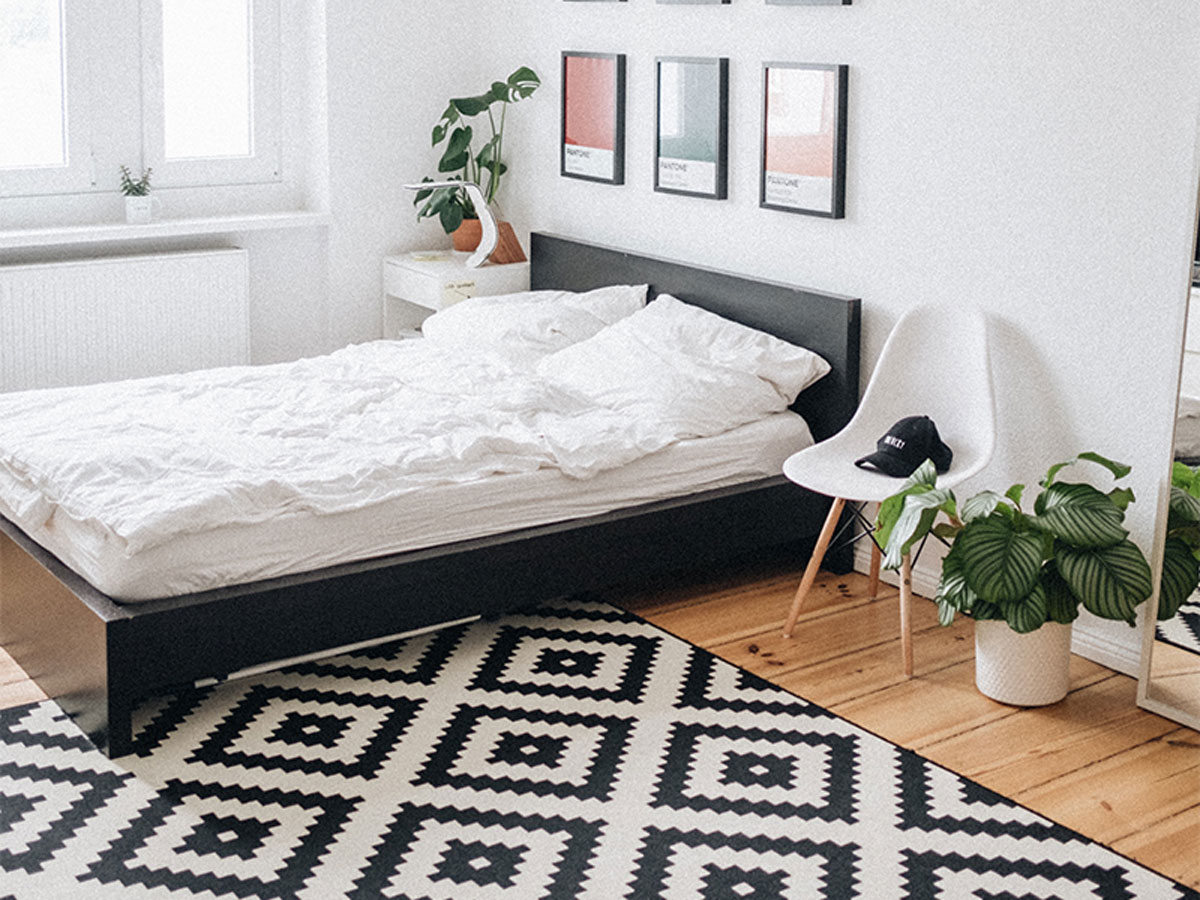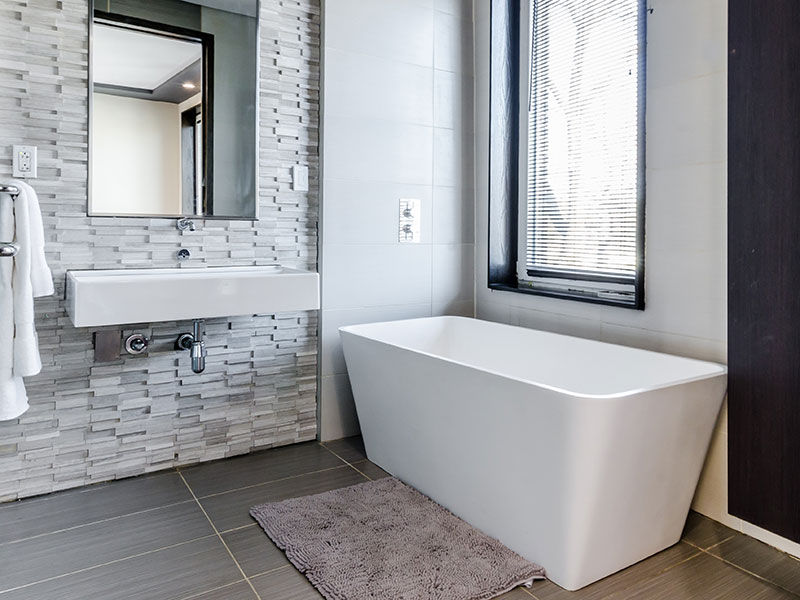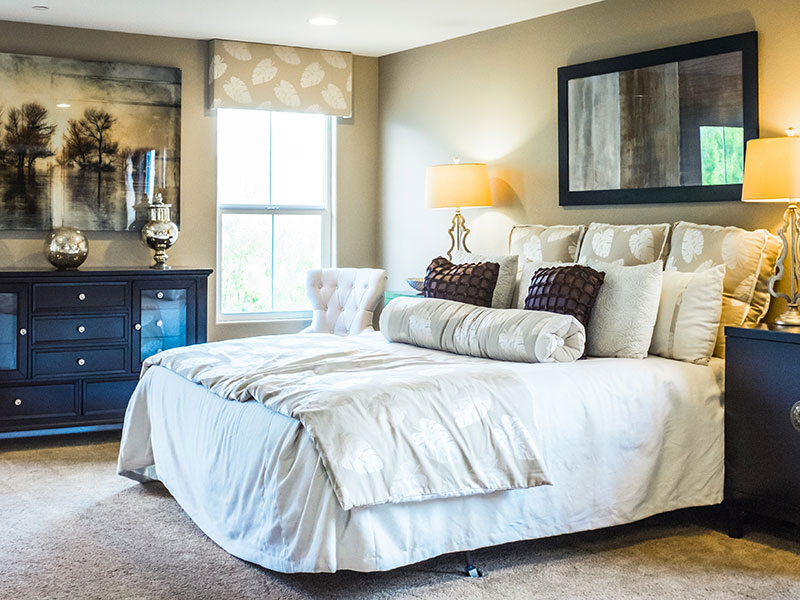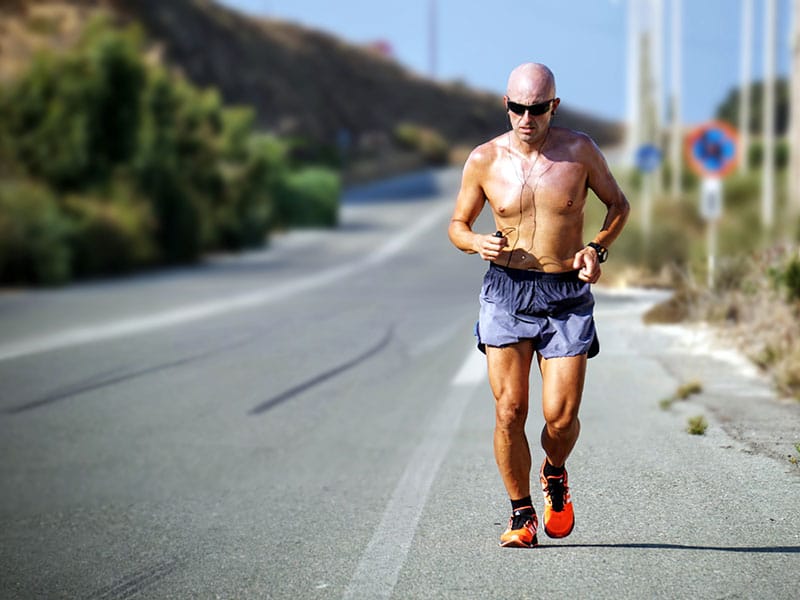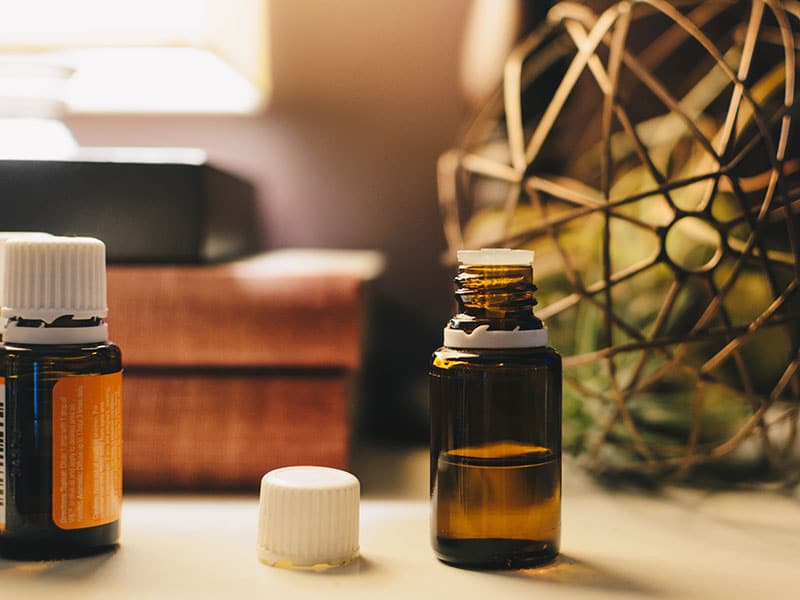What happens at night is one of the most important indicators of how you’ll feel during the day. It also dictates your energy levels, how well you perform throughout the day, and your overall health. Often, making just a few small changes to your routine or environment can go a long way to help you get a better night’s sleep.
Here are five surefire ways to go to sleep faster and stay asleep longer.
1. Take a Warm Bath
This may seem obvious. A warm bath relaxes your body and seems like an obvious way to help you wind down before bed and get to sleep faster, but do you know why?
Warm water helps cool the body down. It seems counterintuitive, but it improves blood circulation from your core to your limbs, and hands and feet. As you dry, it also cools you as the residual water on your body evaporates.
Yet timing is everything.
Researchers discovered in their meta-analysis of 5,322 studies, that taking a warm bath or shower within a very specific window of time before bed improved the “temperature circadian rhythm”, therefore helping people fall asleep more quickly and improving people’s overall sleep quality.
So, when is the best time to take a warm shower or bath before bed?
This is one of the questions that researchers, led by Shahab Haghayegh, a doctoral researcher at the University of Texas in Austin, were able to answer definitively along with how long we need to be in the warm water to reap the benefits.
What they discovered as they combed through thousands of studies is that only 10 minutes of a warm shower or bath is needed, just 1-2 hours before bed to get the best sleep.
That means if you want to improve your overall sleep quality and possibly even help you get to sleep faster, you have an easy 10 minute solution!
2. Keep Your Bedroom Cool
When it’s time to sleep, your body temperature decreases. This is your body’s normal biological response. When your core body temperature is cooler, you feel more tired as your body gets ready for sleep. The warmer your core body temperature is the more awake and energized you’ll feel.
Your body temperature isn’t typically controlled by your environment. As an endotherm, you have the ability to maintain your body temperature within a relatively small window of 96.8 and 100.4 degrees. This is controlled by your hypothalamus in the brain. It’s a complex biological process and the fluctuations of your core body temperature are associated with both sleep and alertness.
External temperatures are important at night because, during REM sleep, the brain (your hypothalamus) stops regulating body temperature. Without your innate ability to thermoregulate (maintain your body temperature), operating fully, your need for an ideal external temperature increases.
A cool room will therefore not only help your body lower its core temperature and initiate sleep, but it will also help you stay asleep.
Not too cool though. If the temperature is too cool your quality of sleep will also be poor. You may find you’re more restless when temperatures dip too low. So what is the best bedroom temperature?
The ideal bedroom temperature is between 60 and 67 degrees Fahrenheit when you’re falling asleep.
However, within that range, it’s important you find the right temperature for you. You want it to be cool enough that you’ll fall asleep and stay asleep. If it’s too cool you could wake up shivering. If it’s not cool enough, you could wake up from sweating.
Sleep Tip: If you’re still overheating when you sleep, even after you’ve lowered your bedroom temperature, make sure you’re wearing breathable clothing. Cotton and other breathable fibers will help to keep you cool at night.
Mattress pads like the Chilisleep system are also helpful for keeping you cool, especially if your sleep partner prefers to sleep warmer.
3. Limit Alcohol Consumption Before Bedtime
Alcohol may act as a relaxing, sedative agent when consumed just before sleeping but it can also lead to night-time awakening due to sympathetic activation which does not return to baseline levels until the blood alcohol levels have returned to 0.
Adenosine, a chemical produced in the body to help induce sleep, may increase with alcohol which helps explain an increase in drowsiness. Once the levels of adenosine drop, however, you’re likely to wake. This disruption in sleep often occurs before reaching REM sleep.
REM sleep is a stage of sleep where memory, the ability to learn and mood improves. If you lose REM sleep, your ability to focus the next day is affected.
A 2013 review of 27 scientific studies found people consuming any amount of alcohol fell asleep faster, but moderate to high consumption of alcohol decreased total night REM sleep. High doses of alcohol significantly reduce REM sleep during the first half of the night.
REM sleep, however, is not the only way alcohol affects sleep. It’s disruptive to your body’s circadian rhythms, which is your internal clock responsible for regulating your sleep and wake times. It also contributes to obstructive sleep apnea and induces snoring, which signifies a blocked airway. This reduction in oxygen triggers internal body systems to push you into “fight or flight” and will significantly impact your ability to get into a deep restful sleep. This can also lead to anxiety and agitation upon waking.
It typically takes one hour to metabolize a serving of alcohol. This varies slightly based on your personal rate of alcohol metabolism which depends on your body weight, sex, and other factors. To avoid impact on your sleep, it’s recommended you stop drinking a few hours before bedtime.
If you’re noticing you struggle to focus or concentrate the next day after consuming alcohol the night before, or your partner tells you that you start to snore, consider reducing or eliminating alcohol in the hours before bedtime.
4. Exercise regularly.
Like a warm shower or bath, exercise will trigger an increase in body temperature. The drop in temperature after exercise, like the drop in temperature after a warm shower or bath, may also promote falling asleep more quickly.
Exercise has also been shown to impact the onset of sleep, and the ability to stay asleep, because of its impact on our circadian rhythms (internal body clock). Time the exercise or type of exercise right, and you can help naturally bring your body’s internal clock back into balance and improve your ability to sleep. Even moderate exercise, such as walking, can have a profound effect.
A recent study which included 101 participants spent 5 days in a lab. After normalizing their internal circadian rhythms (eliminating the external factors that influence it), they exercised three days consecutively for an hour at a time during one time of the day. They then tested the levels of melatonin in the body. Exercising earlier in the day, at 7:00 am, 1:00 pm and 4:00 pm brought on increased melatonin (our sleep hormone) levels earlier with longer response times. Exercising later in the day at 7:00 pm or 10:00 pm delayed melatonin production, which can make it more difficult to fall asleep.
Exercise is also known to have a positive impact on mood. Where anxiety and depression are commonly linked to insomnia or the inability to fall asleep, any activity that can reduce these symptoms may improve your ability to sleep.
Related: Does Exercise Help Sleep Apnea? Which Exercises Reduce Risk and Improve Symptoms
5. Use Essential Oils.
For mild sleep problems, or simply to help you prepare for sleep, essential oils are an easy and safe way to help promote good sleep. Certain scents may help calm your mind or reduce anxiety while others can help clear nasal airways that when blocked may contribute to snoring.
Lavender is probably the most widely recognized for its ability to relax nerves and help create a calm that lets people drift more easily to sleep. In a 2005 study at Wesleyan University, lavender increased the percentage of slow-wave (deep) sleep in both men and women and showed positive results for acting as a mild sedative. All it took was breathing in the lavender oil for two minutes in three 10-minute intervals before bedtime. Even better, the subjects reported feeling more vigorous in the morning.
Chamomile, Ylang Ylang and Valerian are three other essential oil scents that have shown to potentially have a positive impact on sleep. Valerian, although not as well know as chamomile or lavender, may not only help induce sleep but has been indicated to also possibly improve the quality of your sleep.
Peppermint, which can be used in addition to or independently of other scents, will help open up blocked nasal passages. Allowing you to breathe easier at night.
Best of all, essential oils are effective sleep inducers minus the side effects often associated with medications or supplements like melatonin (which can make some people groggy in the morning).
When using essential oils, never apply them directly to the skin. Always dilute with a carrier oil if you choose to apply it to your neck, forehead, wrists or chest, but there are other ways to get the olfactory benefits. You can use with an air diffuser in your bedroom, breathe in a few drops from your hands, spritz the scent in the air or on your pillow, or take a warm bath (as recommended above) and add a few drops of the oil mixed with epsom salts for an ultimate relaxing experience!
With just a few tweaks to your day and night routine and sleep environment, you can improve how well you sleep. Add these top five tips, and you’re sure to sleep better!

